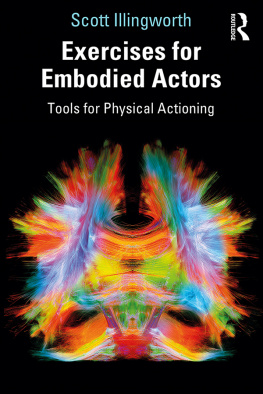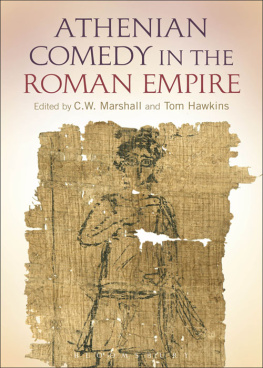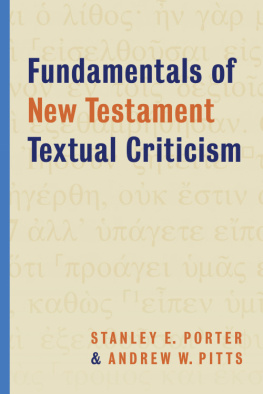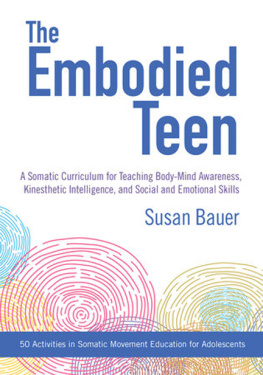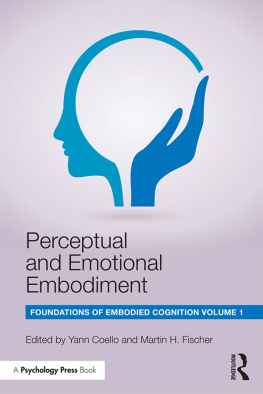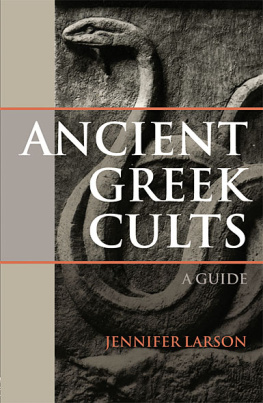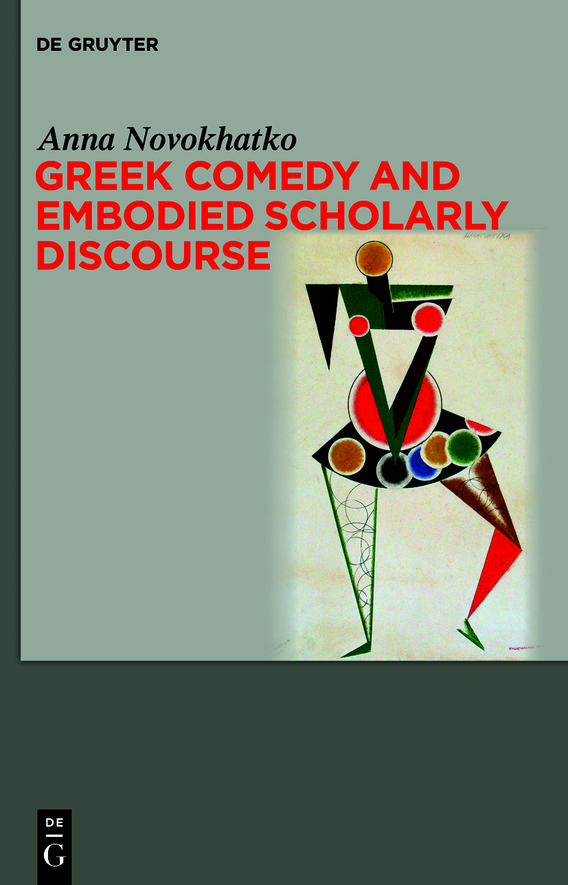ISBN 9783111080932
e-ISBN (PDF) 9783111081540
e-ISBN (EPUB) 9783111081762
Bibliographic information published by the Deutsche Nationalbibliothek
The Deutsche Nationalbibliothek lists this publication in the Deutsche Nationalbibliografie; detailed bibliographic data are available on the Internet at http://dnb.dnb.de.
2023 Walter de Gruyter GmbH, Berlin/Boston
in loving memory of my father, Alexey Grigorjevich Novokhatko (19482018)
Preface
This book could not have been completed without many people. It originated as a Habilitationsschrift, which I wrote during my assistant professorship at the Institute of Classical Philology at the University of Freiburg and completed in July 2018. The roots, as always, lie much deeper. I owe my initial interest and my passion for Greek comedy to Bernhard Zimmermann, who inspired many studies of drama in Freiburg, especially in his project to comment fragmentary Greek comedy (KomFrag), which began in 2011 and is still ongoing. Bernhard organised a group of scholars called the KomFrag-Colloquium, of which I was a member for years and learned immensely from the weekly discussions there. From that group, Douglas Olson, Stelios Chronopoulos and Christian Orth commented on various parts of my work over many years and contributed enormously with their sharp criticism and brilliant ideas. The development of scholarship is an obsession of my own, and the clash of these two worlds led to the core idea of this monograph the interplay of comedy and scholarship in Classical Greece.
I am very grateful to Richard Hunter and Stephen Halliwell, who advised and encouraged me on drafts of earlier chapters. Three anonymous readers made constructive suggestions that improved this book considerably. The Moscow Bakhrushin Theatre Museum team assisted in obtaining the image on the cover and permission to use it. I am also grateful to the publisher, De Gruyter, and especially to Serena Pirrotta, who tackled the enterprise of this manuscript with great professionalism. The project managers, Anne Hiller and Ulla Schmidt, have worked efficiently and competently. I am indebted to Florence Low for her proofreading. I cannot list everyone who wittingly or unwittingly participated in this process and supported me, but I am grateful to them all. Needless to say, none of the persons mentioned here bears responsibility for the remaining errors and shortcomings.
My family has been a source of unwavering encouragement. My parents, Alexey and Irina Novokhatko, and my sister, Ekaterina Novokhatko, have asked questions, discussed, and offered criticism at various stages of this project. During the writing of this book, my sons Konstantin, Gregor and Michael developed from non-existence to even writing their own poems. But above all, my husband Iannis Carras, who read the text several times at different stages, always commenting, constantly protesting, has been my absolutely faithful supporter in this work and in everything I do. To all these people I owe more than I can ever express.
Finally, I dedicate this book to the memory of my father, who passed away after the completion of the Habilitation but before it was altered into its present form. I can never thank him enough for my love of the universe, and in particular of scholarship, of laughter, of people, of ancient and modern languages. He simply taught me to love and appreciate being loved. I miss him every minute.
Thessaloniki, November 2022 |
Introduction
Pre-Hellenistic scholarly discourses (ways of constituting knowledge, following Foucault for example) are fundamentally different to their Alexandrian and Roman successors. They are distinctive not in an evolutionary fashion, in the way that a small green plant differs from a tall robust tree, but qualitatively, in its unique generic multi- and inter-disciplinarity, as well as multimediality and intermediality.
In this book, which deals with two areas throughout, that of comedy and that of scholarship, I will suggest that comedy mediated the development of scholarly discourses. The self-referential reflections of Archaic poets, the rationalistic approaches of early philosophers, the initial stages of literary criticism, proto-editorial exercises, and the increasing interest in linguistic and critical topics during the Classical age all constituted a consomm of themes and perspectives from which pre-Hellenistic scholarly thought developed. The theatre, however, and comedy in particular, a scene which was rapidly changing during the second half of the fifth century BCE, offered a specific space in which these topics were incorporated and personified.
Comedy created a joyful mode of perceiving rhetoric, grammar, and literary criticism through the somatic senses of the author, the characters, the actors and the spectators. This was due to generic peculiarities including the omnivore mirroring and teasing of contemporary (scholarly) ideas, the materiality of costumes and masks, and the embodiment of abstract notions on stage, in short due to the correspondence between body, language and environment. Sophistic and Presocratic discourses as expressed through the sensorimotor capacities of the playwright, characters, actors and audience are reflected in the multi-faceted metaphoricity of comic language. The materiality of words, letters and syllables in ancient grammar and stylistic criticism is related to the embodied criticism found in Greek comedy.
Various fundamentally different parameters contribute to the embodiment of scholarly discourses in comedy. On the one hand, the abstract scientific ideas from the sophistical workshops, which were still fresh and new in the fifth century, return to the somatic and sensory images where they have long been in archaic poetry. The sensory images are still very well known to the public from poetry, and that is why novel abstract concepts embodied on stage can be readily accepted. Further, the experiential material, spatial and orientational imagery drawn from the immediate environment, already familiar to the audience from Archaic poetry, was developed and refined by comic playwrights, who were adapted to the intellectual demands of the fifth and fourth century BCE aesthetic criticism.
This book focuses on the interaction of comedy with early scholarship and on the development of Greek scholarly discourse from a fusion of musical, poetic, ritual and critical practice. My primary sources are a range of Archaic and Classical texts related to textual studies, literary analysis and early linguistics, drawing on archaeological evidence such as vases, sculptures and inscriptions to support the literary evidence. Most concepts and motifs that would become characteristic of later Hellenistic and Roman grammar, stylistics, literary criticism, text exegesis and editorial practice all that we term philology and scholarship today have their origins in pre-Hellenistic thought and form the basis for the bulk of texts this study deals with. It is by now a well-trodden ground, from Lanata (1963) and Pfeiffer (1968) to Ford (2002), Jensen (2011), Halliwell (2011) and Porter (2010, 2016), among others. What I suggest here, which is where I build on the work of these previous studies, is that the growth of philology in Greece closely linked with the Athenian and other dramatic festivals, and in particular from the genre of comedy.
Furthermore, and as will be proposed further on, recent studies in enactivism and distributed cognition provide us with further approaches for interpreting the role and function of comedy in the development of scholarly discourses, as well as the aesthetic experience of the recipients. Scholarly motifs and vocabulary, and their crossovers on both a synchronic and a diachronic level, were embodied on stage according to much-discussed theories of distributed cognition; they were understood on motoric-sensory, emotional and spatial levels.


